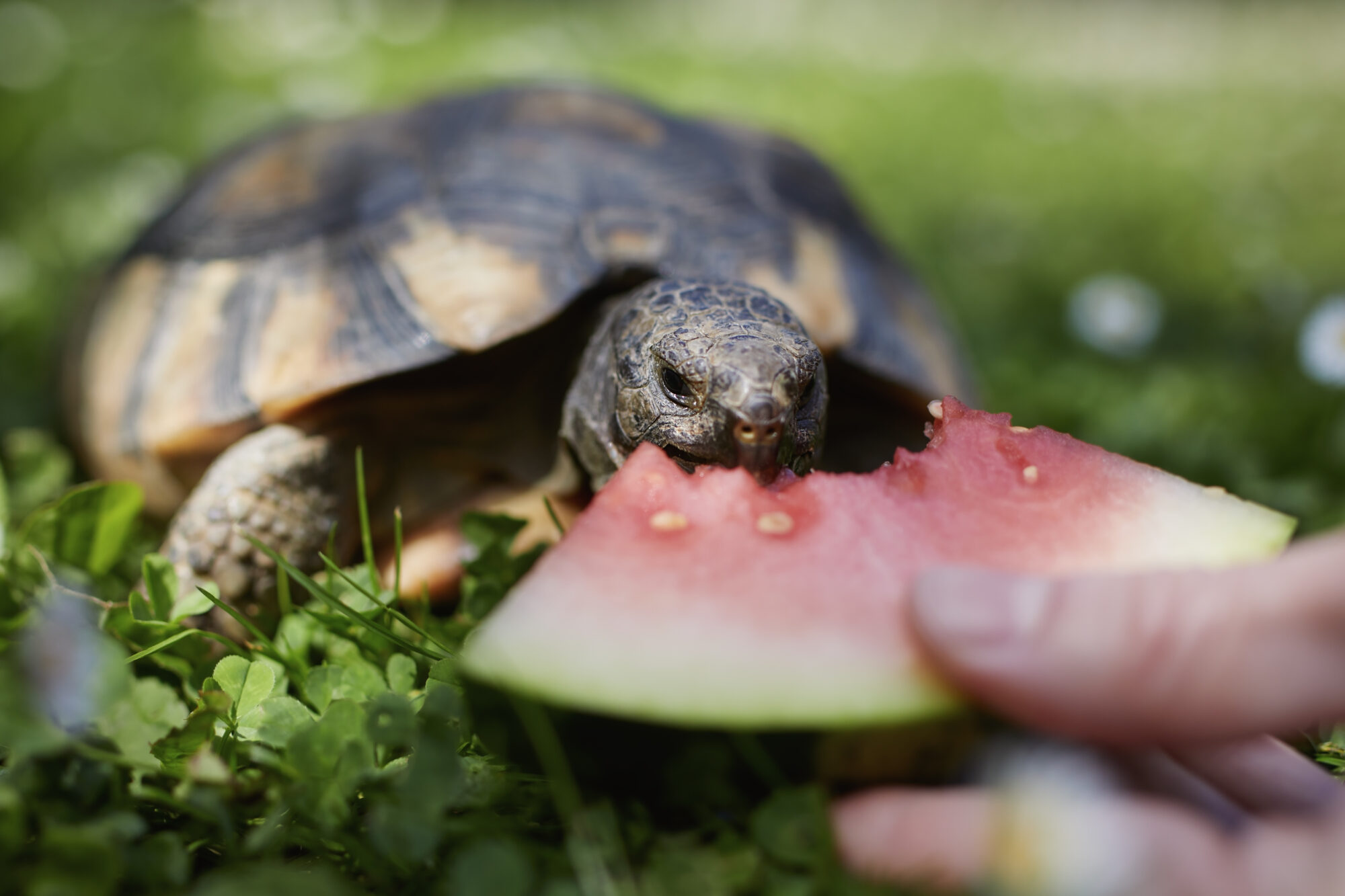Diet and Nutrition Tips for Exotic Pets: Ensuring Optimal Health for Your Unique Companions

Food and nutrition is a cornerstone of good pet care, and at Texas Avian and Exotic Animal Hospital, we know that it is even more important for our exotic pet species. Exotic pet dietary needs can be very specific, and can make or break your pet’s health and wellbeing. Thankfully, you don’t need to navigate nutrition for exotic animals alone, we are here to help.
Species Specific Needs
If you do nothing else as an exotic pet lover, thoroughly researching and understanding your species of choice is key. Not all species are created equal, and there can be vast differences in their needs. A bird is not just a bird, a reptile is not just a reptile, and so on.
Some examples of some quirks that you might not know when it comes to nutrition for exotic animals:
- Guinea pigs cannot manufacture vitamin C, even though they require it in their diet to stay healthy
- Metabolic bone disease is common in reptiles and birds who are not fed an appropriate ratio of calcium to phosphorus
- Too much protein in the diet of some species like turtles can lead to gout
- Some pets like rabbits require high amounts of roughage in their diet to keep their continuously growing teeth healthy
- Box turtles lacking in vitamin A can experience infections and eye and ear problems
Knowing what and how much to feed your exotic pet can prevent many health issues before they even begin.
Exotic Pet Nutrition Tips
Knowing your pet’s needs well is always the best place to start, but we wouldn’t leave you hanging without our best tips for feeding exotic pets a balanced diet.
- Do you know if your pet is a carnivore, herbivore, or omnivore? If not, that is a great place to start.
- Determine if your pet has any unique vitamin or mineral needs and put a formal plan in place to provide them.
- Have a game plan for how often your pet needs to eat
- Familiarize yourself with food items that might be toxic for your exotic pet species
- Understand what kind of treats to give and how many are appropriate—obesity is a real problem for many exotic pets
- Think about how you might add variety to your pet’s diet to more accurately simulate a natural environment
- Consider if your pet will require any supplements
- Think about where and how you will source your pet’s food
If you need help answering or understanding any of these points, we are here to help. Reach out and we are happy to schedule a consultation to be sure that your exotic pet nutrition game is on point.
